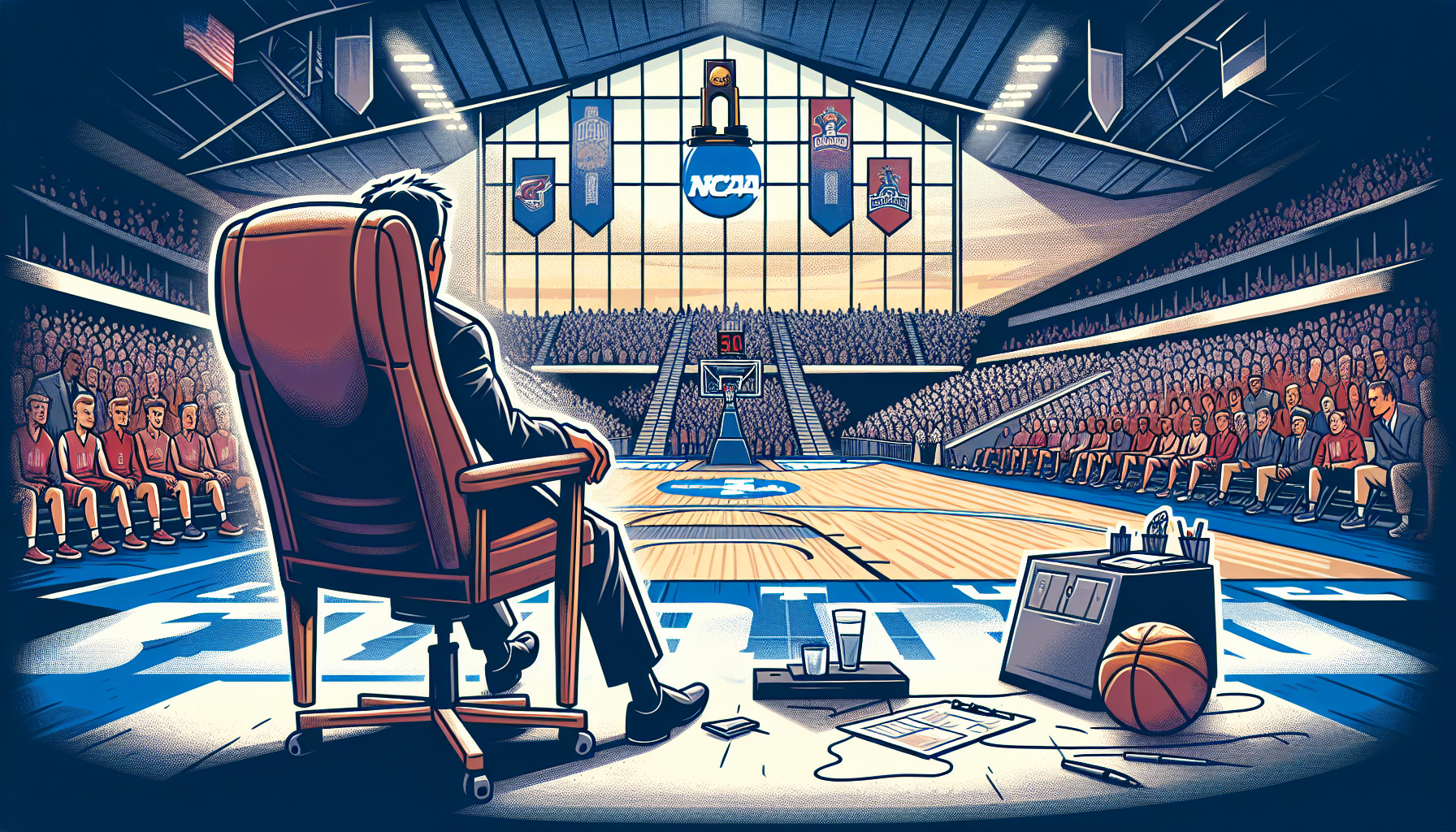In a significant turn of events within the NCAA, renowned coach Tony Bennett of the Virginia Cavaliers announced his retirement, leaving the college basketball world reeling. His departure marks not just the end of an era for Virginia fans but also sends ripple effects through the entire landscape of college basketball. Known for his defensive acumen and steadfast leadership, Tony Bennett‘s exit leaves a gap that will be challenging to fill, both on and off the court.
Understanding Tony Bennett’s Legacy
Over his 14-year tenure, Bennett transformed Virginia into a powerhouse, guiding the Cavaliers to a national championship in 2019, multiple ACC titles, and numerous NCAA tournament appearances. Bennett’s coaching philosophy, emphasizing mental fortitude and defensive precision, has been widely lauded. His innovative use of the ‘pack-line’ defense set a benchmark in collegiate coaching strategies.
Bennett’s influence extends beyond the hardwood. His commitment to character and integrity helped cultivate a program built on principles often overshadowed by the pursuit of wins. This approach not only yielded success on the court but also produced numerous well-rounded athletes prepared to succeed in life beyond basketball.
The Immediate Impact on Virginia Cavaliers
The retirement of a coach of Bennett’s stature inevitably brings uncertainty. Virginia’s administration faces the daunting task of finding a successor who can uphold Bennett’s legacy while introducing a vision for the future. The players, united under Bennett’s leadership, will need to adapt to new strategies and possibly a new coaching philosophy.
Bennett’s system was deeply ingrained in the Virginia team’s identity. As the Cavaliers transition, maintaining the dedication to defense and character that defined Bennett’s era will be crucial. The university may opt to promote from within, ensuring continuity, or bring in an outside perspective that could usher in a new era of play.
Broader Implications for College Basketball
Bennett’s retirement is part of a broader trend in college basketball. With the sport increasingly influenced by the ever-changing landscape of recruitment, transfer portals, and NIL regulations, coaching at the collegiate level has evolved into a complex endeavor. As more veteran coaches step aside, we could witness a paradigm shift within the world of college basketball.
The evolution of recruitment tactics due to NIL deals has altered how programs attract and retain talent. This shift requires new-age coaches who are as adept in negotiations and managing player expectations off the court as they are in-game tactics. The emergence of younger coaches who are more in tune with current player needs and trends is likely.
Navigating The Coaching Transition
For Virginia, and programs facing similar transitions, navigating the retirement of a beloved coach involves addressing both immediate and long-term challenges. Successors not only have the burden of maintaining competitive standards but also staying true to the ethos that the former coach championed.
From a recruitment standpoint, there might be concerns about maintaining bonds formed under the previous leadership. New coaches need to build trust with existing players and fan bases, while also proving their mettle in bringing new talent to the program. The pressure to perform, especially in back-to-back high-profile seasons, is intense.
The Future of Virginia Basketball
The coming years will test Virginia’s basketball program’s resilience. However, with a solid foundation laid over Bennett’s tenure, there’s optimism that the Cavaliers will continue to thrive. Emerging as contenders in the competitive ACC depends on striking a balance between legacy and innovation.
Virginia’s performance would serve as a case study on managing transitions in collegiate sports. If handled adeptly, the program could set precedence for other institutions situated in similar conundrums. As Virginia sets out to chart a new course, careful strategizing and execution will be pivotal.
Conclusion
As Tony Bennett exits the arena, the vacuum left behind is palpable, yet it presents a significant opportunity for growth and reinvention. Virginia’s future hinges on decisions made in the wake of Bennett’s departure, but with the right leadership, the Cavaliers are poised to build on past glory. College basketball, in general, stands on the cusp of change, with Bennett’s retirement potentially a harbinger of shifts to come.
The journey forward will not only see the evolution of Virginia as a program but also influence broader trends across college basketball. As institutions adapt to this new era, they will need to embrace change while cherishing the traditions that have defined the sport for decades. With the sports world watching, this transitional phase could shape the future of NCAA basketball.

